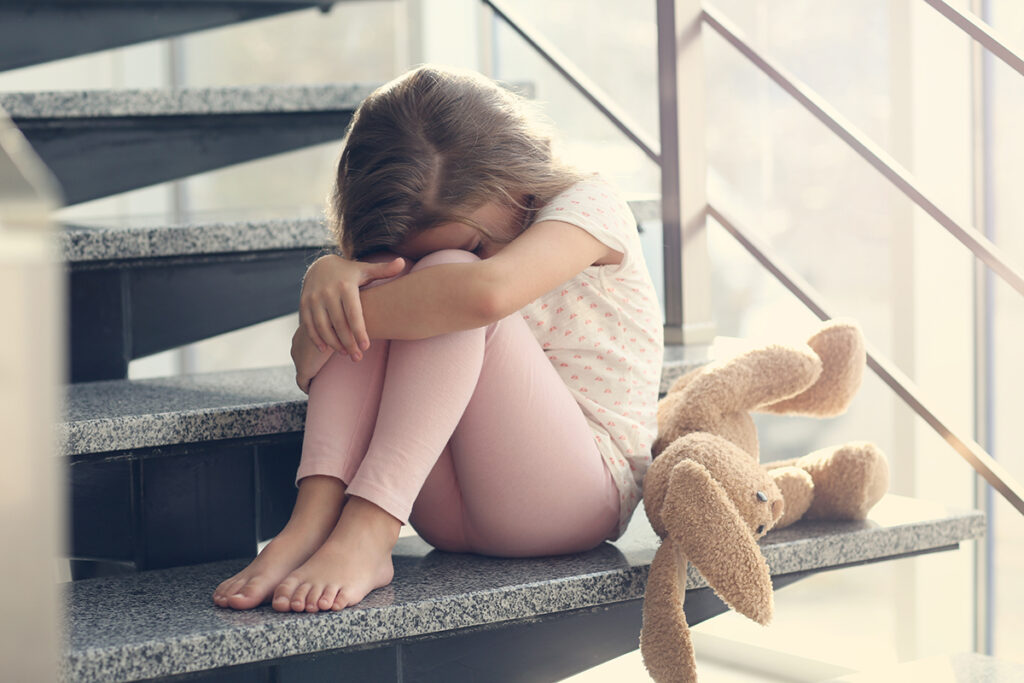An adverse childhood experience is any traumatic event that happens before age 18 whose effects linger long into adulthood. The concept’s origins date back to a 1995 study conducted by the CDC and the Kaiser Permanente health care organization in California. Since this pioneering research, we’ve learned more about how ACEs can affect developing minds, in addition to the long-term health complications that can arise due to recurring exposure to ACEs.
ACEs can come in many forms, from neglect to abuse to family dysfunction or substance use disorders. They affect people from all races, backgrounds and income levels, and one in six American adults has experienced four or more kinds of adverse childhood experiences.
What Are the Long-Term Effects of Adverse Childhood Experiences?
Nationwide, ACEs are a serious issue linked to deep-rooted health consequences – at least half of the top 10 leading causes of death are associated with ACEs. The CDC estimates that up to 21 million depression cases, 1.9 million cases of heart disease and 2.5 million cases of obesity result from adverse childhood experiences.
The more ACEs you carry with you, the higher your likelihood becomes of experiencing adverse effects later in life – including chronic illnesses and early death. A condition known as toxic stress is the driving force behind ACEs and health problems that manifest in adulthood.
Understanding Toxic Stress
Healthy childhood development includes many valuable components, including learning to cope with challenges. In stressful circumstances, your body will automatically respond by preparing you to either face the threat head-on or flee to safety. Ideally, once you feel you are no longer in danger, your heart rate, blood pressure and stress hormones return to their baseline level. Unfortunately, that is not always the case for many children.
In extreme circumstances characterized by significant adversity and a lack of support from caring adults, toxic stress can result in damage and weakness to brain architecture, with lifelong repercussions. During childhood, an ongoing toxic stress response resulting from multiple triggers will take a cumulative, lifelong toll on your mental and physical health.
Breaking the Cycle of ACEs
Recognizing ACEs and taking steps to prevent their harmful, ongoing outcomes can go a long way toward ensuring that you don’t hand patterns of toxic stress down to future generations. By speaking up about your experiences, you can do your part to end the stigma and create more awareness and compassion around this nationwide issue. Shifting the conversation from individual responsibility to community solutions will help change how people think about ACE causes, effects and prevention.
If you have recognized the consequences of ACEs in your life, a qualified counselor can help you recognize patterns of negativity and maladaptive coping mechanisms that may have followed you from childhood to adulthood. Though there is no cure for some of the diseases that result from ACEs – such as depression and substance use disorders – learning how to manage them will make you a healthier, happier and better-adjusted woman with an improved outlook on life.
Arizona Transitional Living for Women
Women with co-occurring mental health and substance use disorders need compassion, grace and accountability to help them learn to overcome obstacles. At Canyon Crossing, we provide a supportive, therapeutic environment that promotes learning and growth. Connect with us today to learn more about what we offer.



